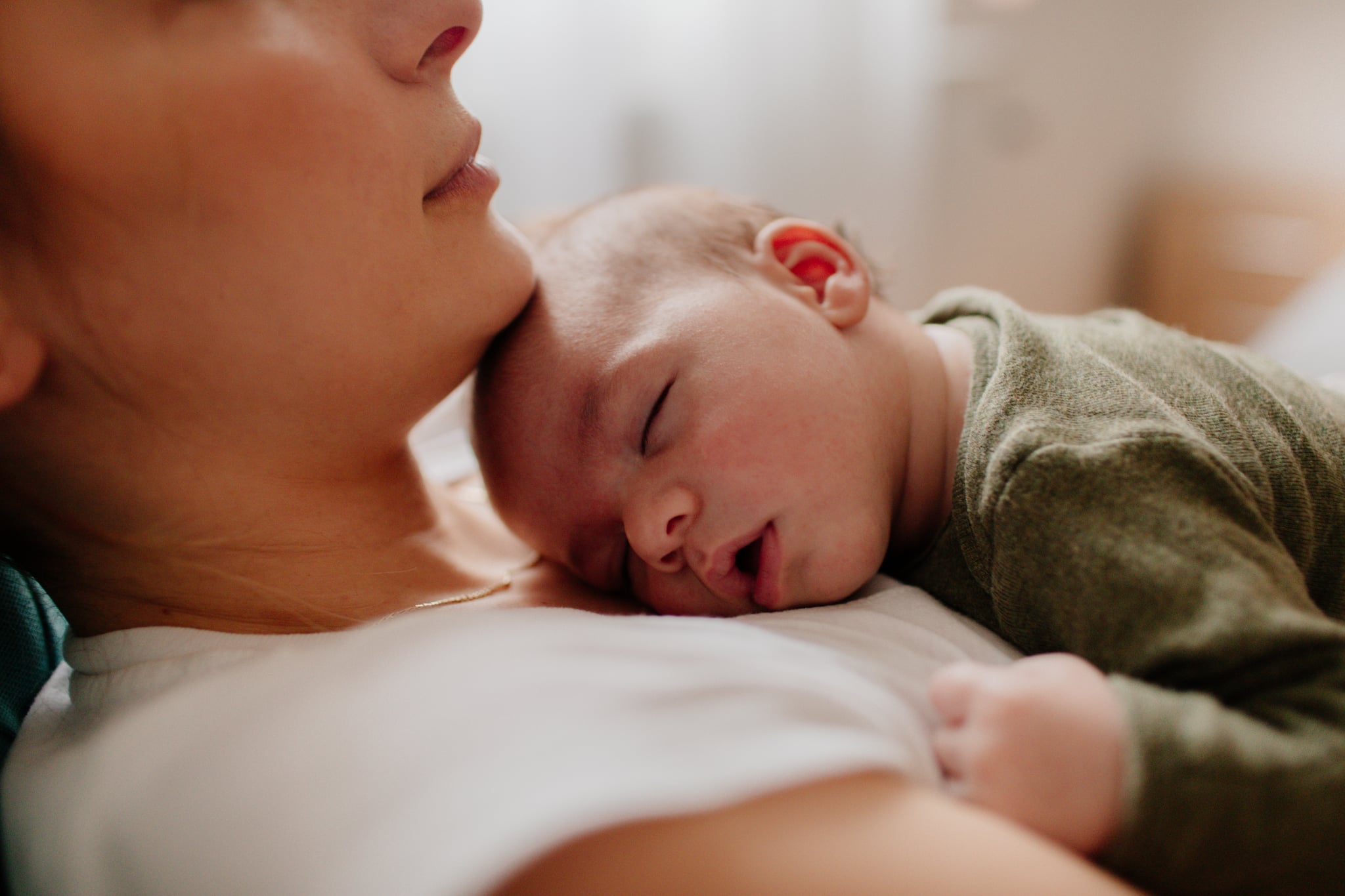Pregnancy and Motherhood
Pregnancy and motherhood are beautiful, but apart from their obvious advantages they have a few drawbacks. Urinary incontinence is one of them – it concerns as much as 30% of pregnant women.
Why does urinary incontinence occur in pregnancy?
The daily volume of urine and the frequency of urination increases during pregnancy. In the I and the II trimester the amount of urine passed during a single bladder voiding increases – in the III trimester the volume drops down, but the urge to visit the toilet is much more frequent. The capacity of the bladder pressed by the uterus gets gradually smaller, and the volume of the urine filling the ureters increases.
The type of incontinence experienced during pregnancy is mostly stress incontinence, which typically develops in the 3rd trimester when the uterus is at its biggest. Usually, the incontinence is minor with the woman only losing a few drops of urine. It is often difficult to notice if hygienic pads are changed routinely, however the problem can sometimes be more serious.
The growing baby expands the uterus walls, taking over all the available space in the abdomen. This causes the other organs to shift positions and, now compressed inside the abdomen, they must work under more difficult conditions. As the baby jostles and kicks more and more and hits the bladder, occasionally the kicks are so strong that the weakened sphincter muscles let go, causing urine loss. Additionally, the bladder under the pressure of the uterus has so little room to expand that the pregnant woman feels the urge to urinate even when the bladder is not full.
Due to changes in the mucous membrane of the genitourinary tract during pregnancy, a woman is more likely to suffer infections of both the urinary system and of the intimate parts. These infections may cause discomfort during urination and increase the frequency of urine loss.
Practical advice for a mom-to-be:
- don’t cut down on your fluid intake despite losing urine
- go to the toilet as soon as you feel the urge – it might be too late if you wait
- if you lose urine when you feel a strong urge visit the toilet every 30–40 minutes even if you don’t feel the urge
- pay extra attention to your intimate hygiene – wear breathable underwear made of natural materials, use intimate wash products and supply yourself with incontinence management absorbent products
- avoid diuretic food and drinks
- prevent constipations
- don’t hold back if you feel the urge to urinate – that can lead to losing urine if the baby kicks the bladder
- at the end of pregnancy make sure that what you consider to be urine loss is not in fact amniotic fluid seepage
- already start toning your pelvic floor muscles
What happens after giving birth?
After giving birth, the body gradually returns to its state from before pregnancy. Hormonal imbalance and weakened or damaged pelvic muscles may still be a cause of urine loss, however this should gradually decline and eventually disappear.

For most women, the symptoms of urinary incontinence disappear within 3 months after childbirth. If incontinence does not decline within 6 months after childbirth, it is advised to visit a urologist or gynecologist and seek medical advice. The doctor will help you find a way to manage your condition.
Each pregnancy and childbirth weakens the pelvic floor muscles, making it more difficult to get them back into shape. Although it may be more difficult, it is not impossible: Kegel exercises performed regularly both during and after pregnancy improve the condition of these muscles as well as the urogenital diaphragm, improving a woman’s ability to limit involuntary urine loss.
Practical advice for a new mom:
- allow yourself some time to get back in shape – your body will eventually come back to normal and the incontinence will disappear
- carry on with the Kegel exercises – you can do them anytime, even when looking after the baby
- don’t forget about yourself when looking after the baby – see a gynecologist if you lose urine – ask for advice
- take plenty of fluids, especially when you are breastfeeding
- pay special attention to your intimate hygiene – change your pads frequently, wear breathable underwear made of natural materials, wash your private parts frequently
- don’t hold back if you feel the urge to urinate, especially when you try to make excuses that you don’t have the time to go to the toilet – holding urine can lead to serious conditions including cystitis.
See why it is worth using Seni Lady bladder control pads.
